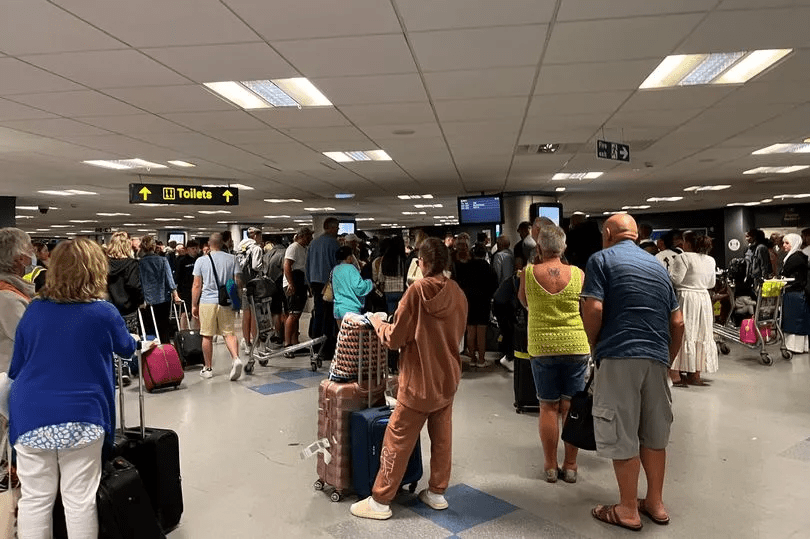
Leeds Bradford Airport, Led by CEO Vincent Hodder, Unveils Plans to Introduce Long-Haul Flights to New York, Boston, Chicago, Dubai, and Jeddah by 2027
Fiona Nanna, ForeMedia News
6 minutes read. Updated 2:11AM GMT Fri, 9August, 2024
Leeds Bradford Airport (LBA) has unveiled an ambitious plan to introduce long-haul flights to destinations in the Middle East and North America within the next three years. This announcement is part of LBA’s newly-updated Vision 2030 strategy, aiming to elevate its global connectivity and bolster economic growth in the region.
Key Expansion Goals and Economic Impact
The airport’s chief executive, Vincent Hodder, revealed that LBA is targeting routes to major cities such as New York, Boston, and Chicago in North America, as well as Jeddah, Oman, and Dubai in the Middle East. The plan is set to transform LBA into a significant player in the long-haul flight market. “We’re already in discussions with airlines from these regions to make these routes a reality within the next two to three years,” Hodder stated. “I would be disappointed if by 2027 we did not have flights to North America and the Middle East.”
As part of its Vision 2030 strategy, LBA aims to boost passenger numbers from slightly over four million annually in 2023 to seven million by 2030. The master plan includes a £200 million investment to expand the terminal floorspace by 38% and add ten new aircraft stands. This expansion is expected to create approximately 5,500 direct and indirect jobs and inject nearly £1 billion into the regional economy.
Environmental Concerns and Criticisms
Despite the economic benefits, the expansion plans have faced criticism from environmental campaigners. Nick Hodgkinson from the Group for Action on Leeds Bradford Airport (GALBA) expressed concerns about the environmental impact. “We cannot allow a massive increase in emissions that damage the climate, as well as the air pollution and noise that affect people living under the flight path,” Hodgkinson said. “There is simply no alternative to using fossil fuels at a large scale to get planes off the ground.”
Vincent Hodder acknowledged the environmental concerns, admitting that the short-term increase in emissions is a concern. However, he emphasized the aviation industry’s commitment to achieving net carbon zero by 2050, suggesting that the increase in emissions would be temporary and diminish over time.
Future Developments and Local Support
Beyond 2030, LBA has further aspirations, including the construction of a new purpose-built terminal, a hotel within walking distance of the airport, and the potential expansion of specialist air freight operations.
The expansion strategy has received a positive response from West Yorkshire Mayor Tracy Brabin, who highlighted the plan’s potential to enhance Yorkshire’s global connectivity. “This substantial private investment will benefit local communities and the wider Yorkshire region, serving as a catalyst for long-term economic growth,” Brabin noted. She also praised the commitment to net-zero carbon emissions for the airport’s ground operations as a “great first step,” while acknowledging that further industry-wide efforts are needed to decarbonize aviation comprehensively.
Leeds City Council has indicated that it will work with the airport to secure planning consent for expansion once passenger numbers exceed four-and-a-half million annually, aiming to accommodate up to five million passengers.

